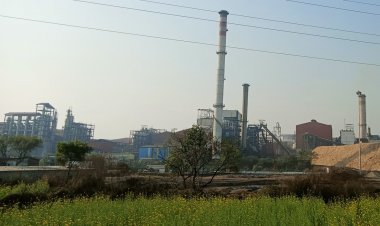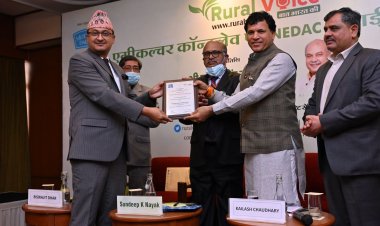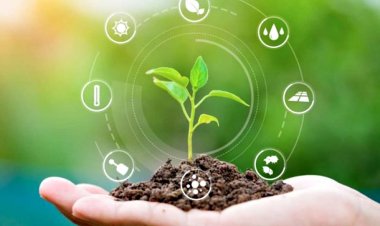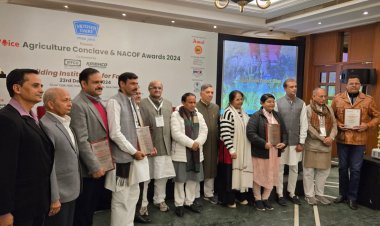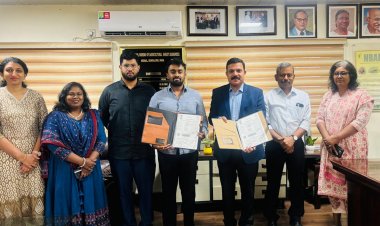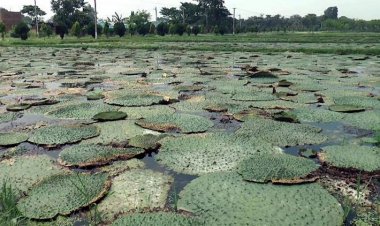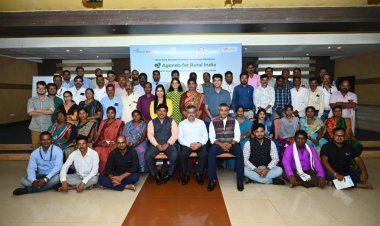Water crisis puts more than half of the world’s food production at risk by 2050: Report
In a landmark report, The Economics of Water: Valuing the Hydrological Cycle as a Global Common Good, the Global Commission on the Economics of Water says the water crisis puts at risk more than half of the world’s food production by 2050.
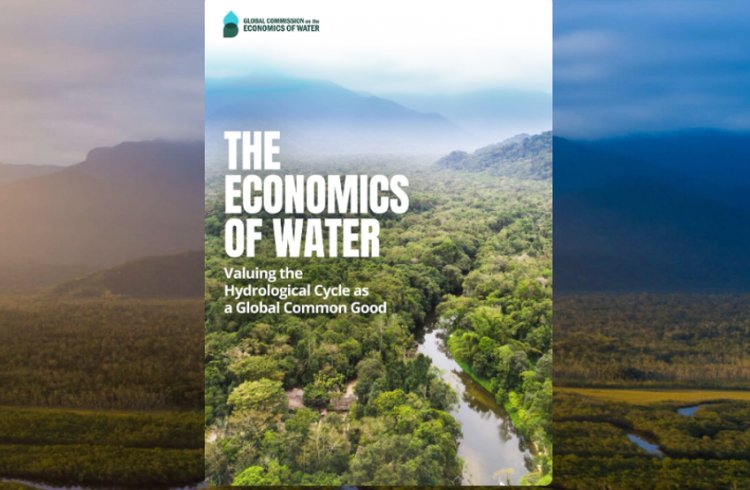
An international group of leaders and experts warns that unless humanity acts with greater boldness and urgency, an increasingly out-of-balance water cycle will wreak havoc on economies and humanity worldwide.
In a landmark report, The Economics of Water: Valuing the Hydrological Cycle as a Global Common Good, the Global Commission on the Economics of Water says the water crisis puts at risk more than half of the world’s food production by 2050.
It also threatens an 8 percent loss of GDP in countries around the world on average by 2050, with as much as a 15% loss in lower-income countries, and even larger economic consequences beyond.
Weak economics, destructive land use, and the persistent mismanagement of water resources have combined with the worsening climate crisis to put the global water cycle under unprecedented stress, the Commission says.
Nearly three billion people and over half of the world’s food production are in areas experiencing drying, or unstable trends in total water availability. Further, several cities are sinking due to the loss of water below the ground.
Johan Rockström, co-chair of the commission and Director of the Potsdam Institute for Climate Impact Research (PIK), emphasized the gravity of the situation, “Today, half of the world's population faces water scarcity. As this vital resource becomes increasingly scarce, food security and human development are at risk — and we are allowing this to happen,” observed
“For the first time in human history, we are pushing the global water cycle out of balance. Precipitation, the source of all freshwater, can no longer be relied upon due to human-caused climate and land use change, undermining the basis for human wellbeing and the global economy," observed Johan Rockström
The report argues that existing approaches have led to the water crisis. They ignore the multiple values of water across whole economies and in preserving nature’s critical ecosystems.
Ngozi Okonjo-Iweala, Director General of the World Trade Organization and Commission co-chair said, “The global water crisis is a tragedy but is also an opportunity to transform the economics of water – and to start by valuing water properly to recognize its scarcity and the many benefits it delivers.”
The report presents five missions to avert the impending crisis, including transforming agricultural systems, conserving natural habitats, and promoting a circular water economy. It also calls for innovative solutions in renewable energy and artificial intelligence to reduce water intensity.
Tharman Shanmugaratnam, President of Singapore and Commission co-chair, stressed the need for a collaborative global effort, stating, “We can only solve this crisis by thinking multilaterally, mobilizing both public and private finance, and addressing water governance alongside climate and biodiversity challenges.”
The Global Commission on the Economics of Water (GCEW) was convened in May 2022 at the initiative of the Government of the Netherlands as co-host of the UN 2023 Water Conference, seeks to redefine how the world values and manages water, urging governments to adopt a mission-driven approach to safeguard this vital resource for future generations.



 Join the RuralVoice whatsapp group
Join the RuralVoice whatsapp group



























